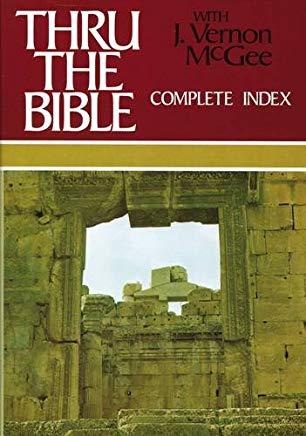
description
and emerged is a fascinating one. The first full map of the continent was published in London in 1773, which might seem the natural starting point, but over the preceding 150 years, fragments of charts and intelligence about New Zealand ricocheted around various parts of the world. In A Draught of the South Land: Mapping New Zealand from Tasman to Cook, Paul Moon provides the first comprehensive account of this piecemeal process. Moon's investigation covers several continents over more than a century, and reveals the personalities, blunders, strategic miscalculations, scientific brilliance, and imperial power-plays that were involved. Above all, he examines the roles played by explorers and traders, M?ori and European rulers, scientific societies and military groups, as well as specialist cartographers and publishers. At a time when maps as colonial tools, enablers of trade and objects of curiosity are being studied anew, his careful analysis and engaging narrative will be of interest to scholars everywhere.
member goods
No member items were found under this heading.
Return Policy
All sales are final
Shipping
No special shipping considerations available.
Shipping fees determined at checkout.







